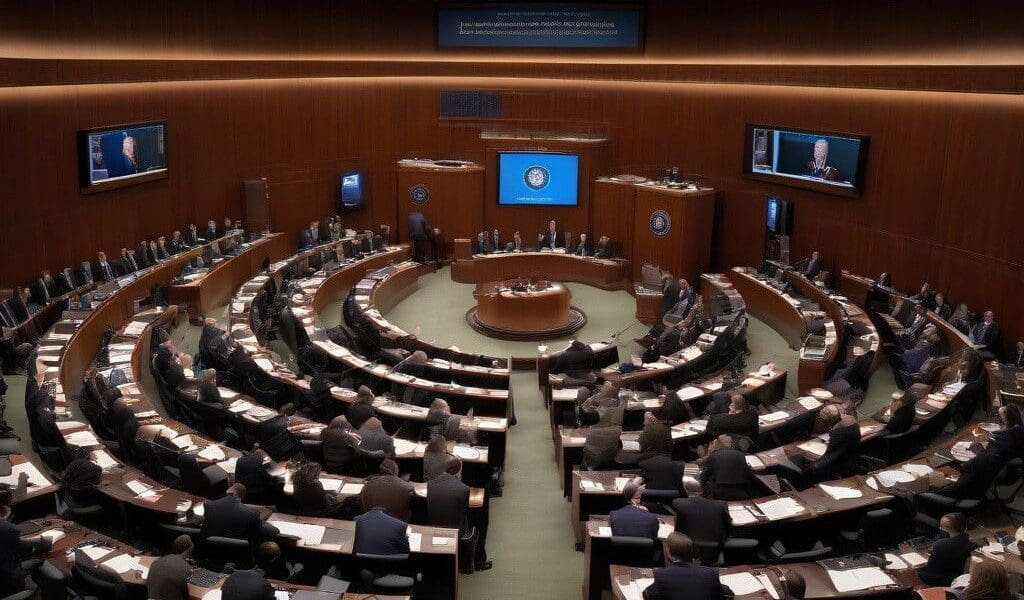Brendan Carr to Lead FCC in Trump’s Push for Deregulation
In a significant move reflecting President-elect Donald Trump’s deregulatory agenda, Brendan Carr has been nominated to lead the Federal Communications Commission (FCC). Carr, who has served as an FCC commissioner since 2017, has consistently aligned with Trump’s focus on free speech and minimal market regulation, positioning himself as a pivotal figure in shaping future U.S. communication policies.
Brendan Carr’s track record demonstrates his commitment to the administration’s conservative principles. As a critic of major tech companies like Alphabet and Meta, Carr has frequently challenged their practices, accusing them of suppressing conservative voices online. This became a rallying point for Trump’s supporters, who feel marginalized by the dominant social media platforms. Carr’s focus on revisiting Section 230 of the Communications Decency Act, which currently shields tech companies from liability for user-generated content, stems from a desire to enforce more stringent anti-discrimination norms against these platforms.
In his advocacy, Carr endorses legislation similar to laws enacted in Texas and Florida, compelling platforms to facilitate diverse viewpoints. However, this proposed change raises significant First Amendment concerns; courts have been cautious about compelling private entities to uphold specific speech standards.
Carr also proposes that major tech companies should contribute to the Universal Service Fund, which is designed to support communication infrastructure across the United States. Historically, the technology sector has resisted these proposals, arguing that their substantial private investments in infrastructure already offset such contributions.
A critical aspect of Carr’s agenda is his opposition to net neutrality. He views it as a constraint on innovation and has previously played a role in its repeal during Ajit Pai’s tenure as FCC Chairman. Carr asserts that the anticipated negative consequences, such as increased customer costs, have not materialized, positioning himself against regulatory measures that he deems unnecessary.
In addition to these initiatives, Carr is concerned about national security, targeting Chinese telecommunications technology for removal from U.S. networks. He argues that the presence of these technologies poses significant risks and advocates for increased funding to facilitate their replacement. Carr’s stance is particularly pertinent concerning TikTok, which he has labeled a national security threat; however, Trump’s rhetoric around TikTok has softened in recent months, complicating the narrative.
Aiming to enhance rural internet access, Carr endorses innovative solutions such as Starlink’s satellite technology, which promises to deliver broadband to underserved areas. His strategy emphasizes reducing regulatory barriers at the local level, fostering an environment that nurtures growth and innovation.
The anticipated confirmation of Carr as FCC Chairman is expected to amplify Trump’s narratives around free speech, deregulation, and competition. This shift could foster a contentious atmosphere at the FCC, as stakeholders grapple with the implications of Carr’s policies on both constitutional rights and the demands of the tech industry.
Ultimately, Carr’s leadership at the FCC represents a significant pivot toward a more deregulated telecommunications landscape, as he seeks to fulfill the administration’s vision while navigating the complexities of communication rights, content moderation, and market dynamics. As we look forward to this new era at the FCC, discussions about balancing free speech with regulatory oversight will become increasingly vital, setting the stage for a transformative period in U.S. communications policy.








